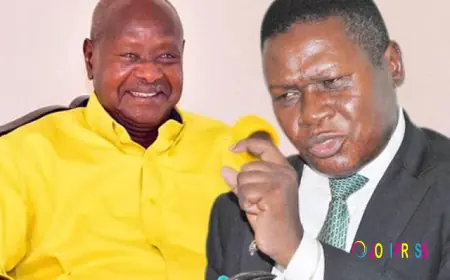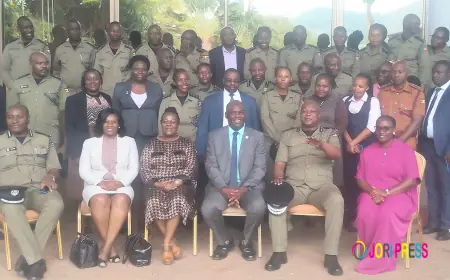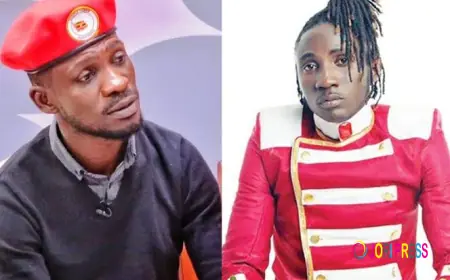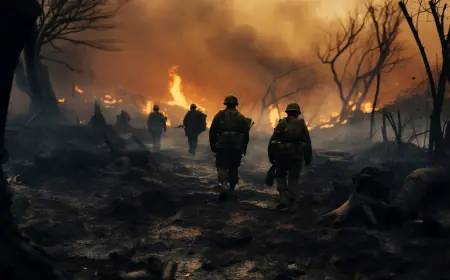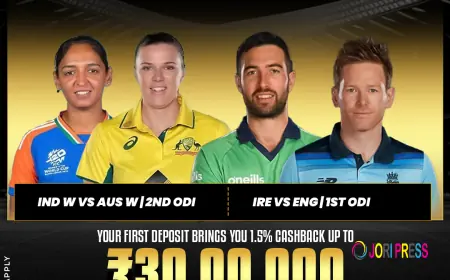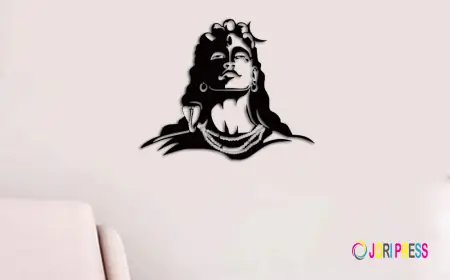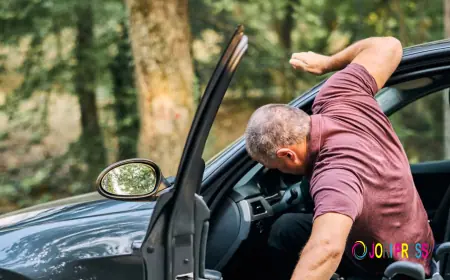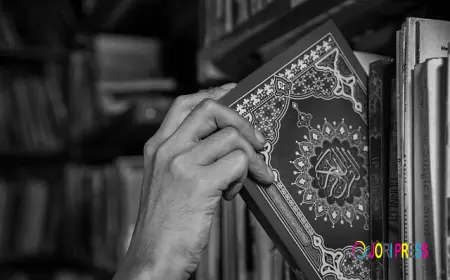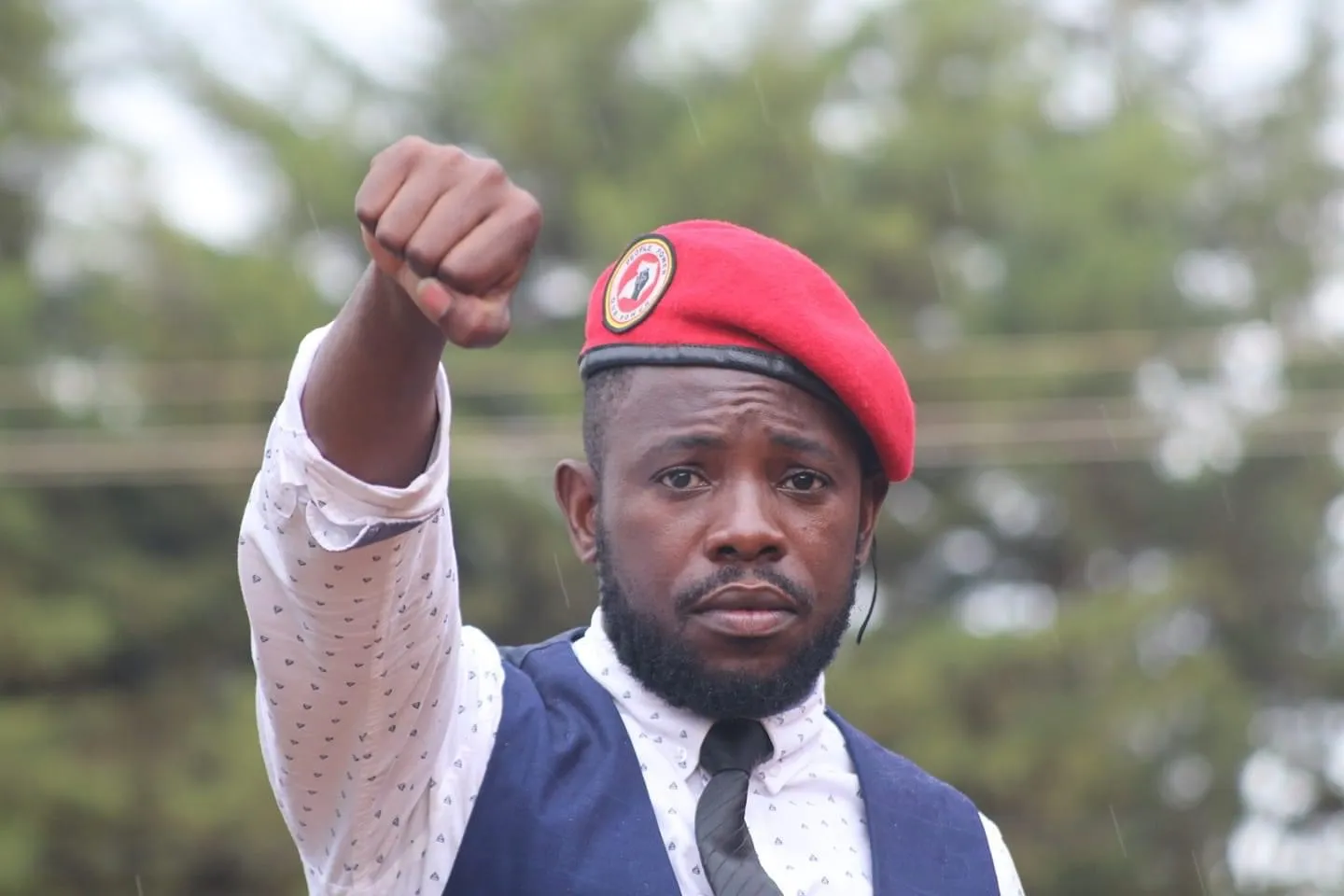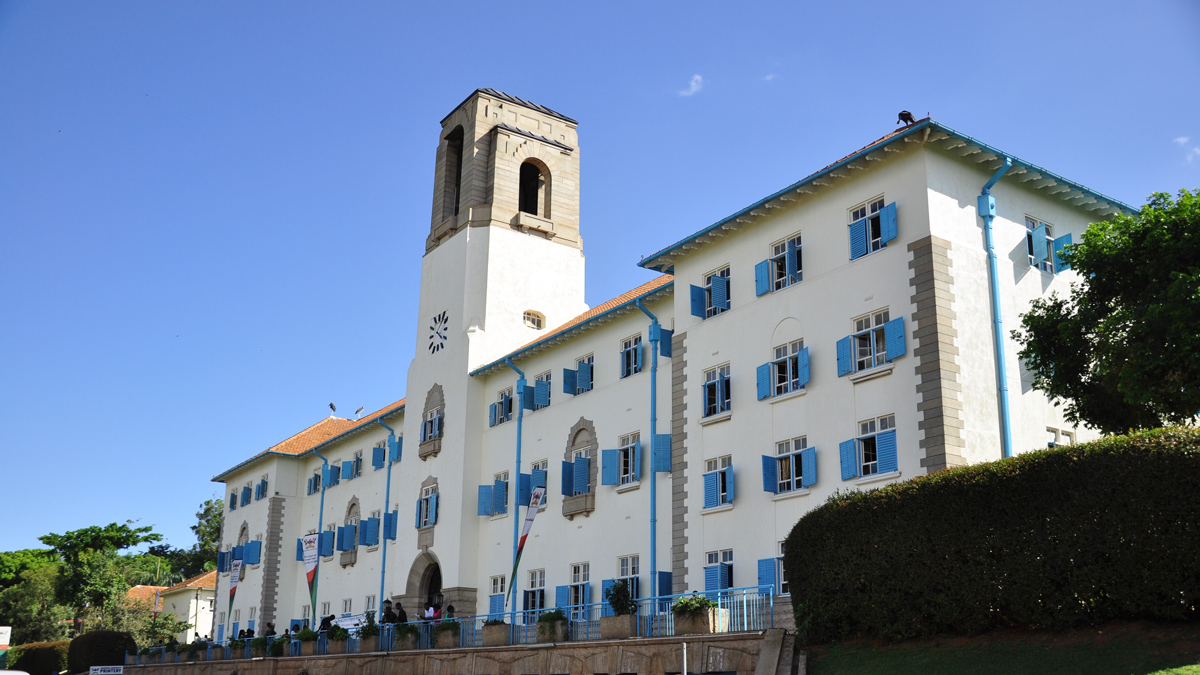Can police stay neutral in campaigns?


At Skyz hotel, Naguru, Deputy Inspector General of Police James Ocaya stood before a crowd of senior officers, technocrats and journalists recently to unveil the Uganda Police Force’s five-year performance review.
On paper, the numbers told a story of progress: crime is dropping, emergency responses are quicker, and technology is slowly reshaping policing. Yet beneath the achievements lay a more complicated reality, one where politics and policing continue to collide, especially as Uganda edges towards the 2026 general elections.
Gains in Policing and Public Safety
The 2020/21–2024/25 review reads like a catalogue of institutional upgrades. The sub-county policing model now covers more than half the country, giving rural residents a closer link to officers once seen as distant and unreachable.
Territorial policing, the report argues, has improved crime prevention and built trust. Technology has also crept deeper into police work. Integrated highway patrols now monitor 54 strategic hotspots, including the volatile Karamoja region, where officers have recovered more than 1,000 illegal firearms and stolen livestock.
Road safety campaigns, backed by automated driver testing and tougher enforcement, have contributed to a two per cent dip in traffic fatalities, 411 deaths in 2023 compared to 404 in 2024.
Emergency preparedness has expanded with four new fire stations and three marine detachments. The report claims the police can now manage 91 per cent of emergency calls nationwide, a leap from past years when citizens often complained of delayed responses.
The statistics show cautious progress. Reported crimes dropped by 4.1 per cent in 2024 compared to 2023, from 228,074 cases down to 218,715. But the human toll remains heavy. More than 220,000 victims were recorded last year, nearly two-thirds of them men, reflecting not only who is targeted but also who is most often implicated in criminal activity.
Security in a Charged Political Season
The political climate has already begun to test police neutrality. In recent weeks, the arrests of opposition activists, including National Unity Platform (NUP) leaders Doreen Kaija, Waiswa Mufumbiro, and Saudah Madada, have triggered accusations of selective policing and unlawful detentions.
The Uganda People’s Defence Forces (UPDF) spokesperson, Maj Gen Felix Kulayigye, dismissed those claims. He insisted the detentions were tied to what he described as an unauthorized “military parade” at NUP headquarters.
“Anyone who participated in the illegal parade … will be brought before court,” he said firmly.
“We do not abduct activists. We arrest those who violate the law.” Still, critics argue the line between lawful policing and political targeting is increasingly blurred. As the 2026 campaigns loom, each arrest is scrutinized not just for legality, but for motive.
Elections on the Horizon
The Electoral Commission’s roadmap has moved into a decisive phase. Presidential candidate nominations were done, and campaigns have begun to be followed by polling for presidential, parliamentary and local government positions.
The commission’s chair, Justice Simon Byabakama, has urged restraint: “We should not allow elec- tions to disrupt the prevailing peace and stability in our country.”
That call underscores the pressure on the police. They must demonstrate professional competence, as the five-year report suggests, while navigating a volatile political environment that risks undermining their credibility.
The Uganda Police Force’s review is, in many respects, a story of resilience. Expanding sub-county policing, investing in technology, and reducing crime rates are real accomplishments.
But as Uganda heads toward a heated election season, these gains risk being overshadowed by political disputes and allegations of bias. For ordinary Ugandans, the numbers matter less than the lived experience: whether they feel safe walking home at night, whether their calls for help are answered, and whether the police apply the law equally to government loyalists and opposition activists.
The report suggests a force trying to modernize and professionalize. The campaign season will test whether those ambitions can survive the country’s most divisive politics.
What's Your Reaction?
 Like
0
Like
0
 Dislike
0
Dislike
0
 Love
0
Love
0
 Funny
0
Funny
0
 Angry
0
Angry
0
 Sad
0
Sad
0
 Wow
0
Wow
0











